The World Government Summit (WGS) 2025 has opened in Dubai under the theme ‘Shaping Future Governments’, with record worldwide attendance.
The summit’s 12th edition, which runs till February 14, brings together heads of state, government officials, global organisations, and top experts to discuss new trends in governance and crucial industries.
The event includes several forums, such as the Future of Work Forum, Government Experience Exchange Forum, Government Services Forum, Artificial Intelligence Forum, Future of Education Forum, Future of Mobility Forum, and Gender Balance Forum.
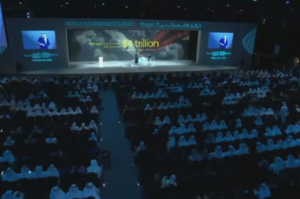
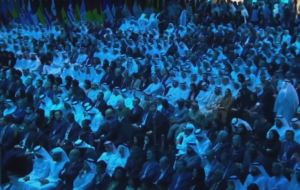
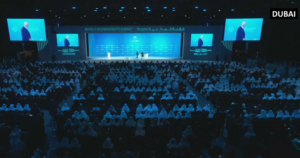
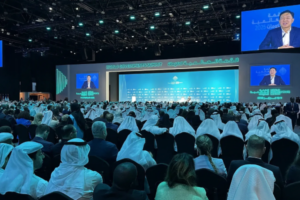
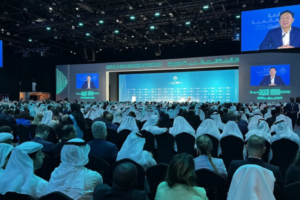
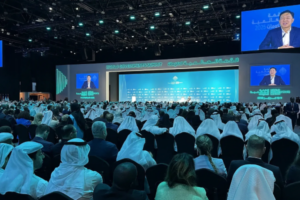
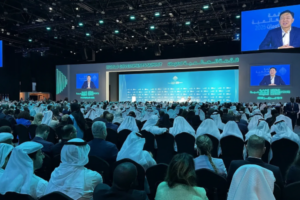
India’s Union Minister of Environment, Forest, and Climate Change, Bhupender Yadav, participated in key sessions, including the High-Level Roundtable on the Future of Mobility and the XDGs 2045 Ministerial Roundtable.
Speaking at XDG 2045, Mr. Yadav emphasised two key priorities for developing countries: capacity building in clean technology, electric vehicles, and climate-resilient infrastructure; and securing adequate financial resources to achieve the Sustainable Development Goals (SDGs), particularly in combating climate change and safeguarding environmental systems.
The minister also elaborated on India’s Mission LiFE (Lifestyle for Environment) initiative, introduced by Prime Minister Narendra Modi.
“Mission LiFE promotes a pro-planet lifestyle that embraces sustainability at individual, community, and national levels, ensuring that the choices we make today contribute to a better future,” Yadav explained.
He reiterated India’s commitment to green growth, highlighting afforestation, sustainable agriculture, and the development of green infrastructure as integral components of its development strategy.
In another discussion, Haitham Al Ghais, Secretary-General of OPEC, underscored the substantial investment requirements for the oil sector to meet rising demand. Al Ghais noted that cumulative investments in the sector are projected to reach $17.4 trillion between 2024 and 2050, averaging $640 billion annually.
Exploration and production would absorb the largest share, requiring $14.2 trillion, or around $525 billion annually, while refining, manufacturing, transportation, and storage would need investments of $1.9 trillion and $1.3 trillion, respectively.
WGS 2025 continues to serve as a platform for global dialogue on the future of governance, innovation, and sustainable development.





